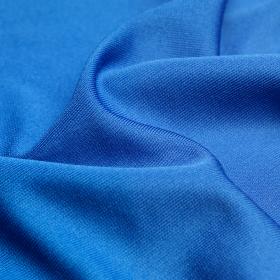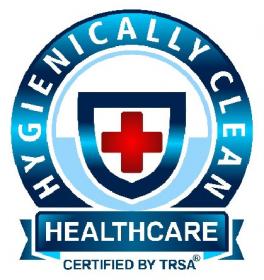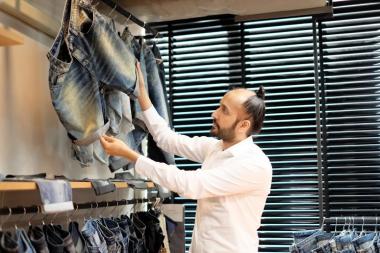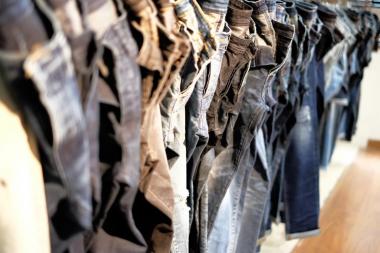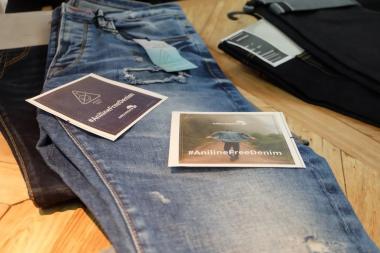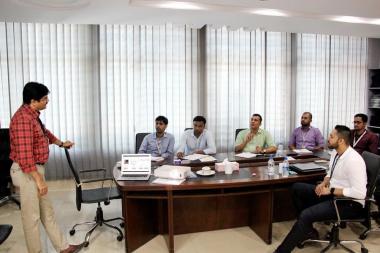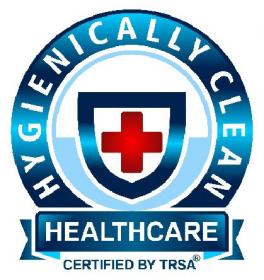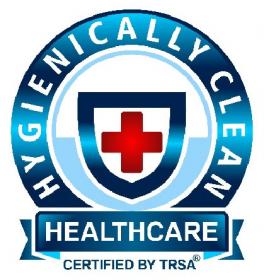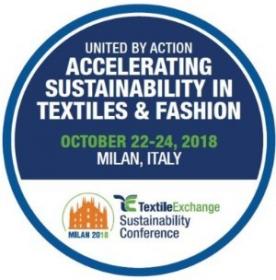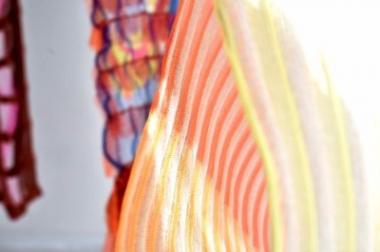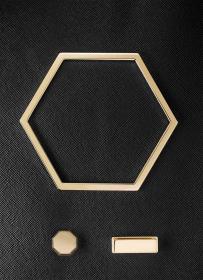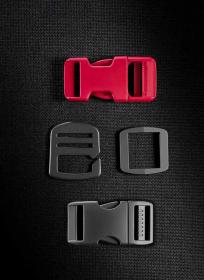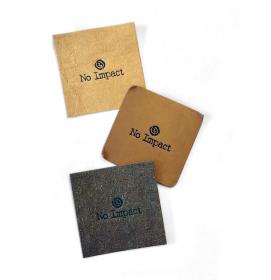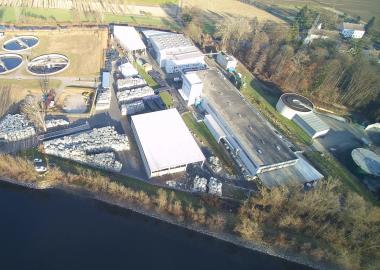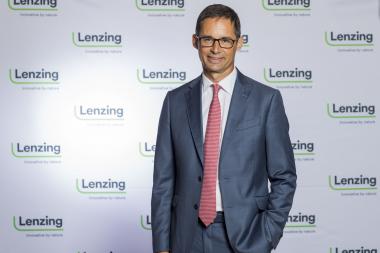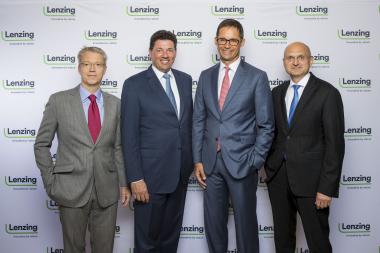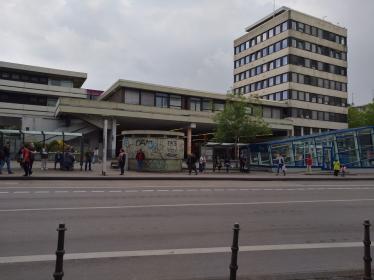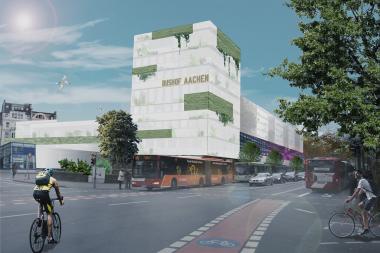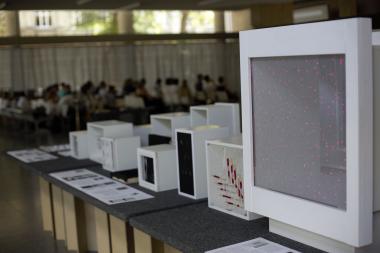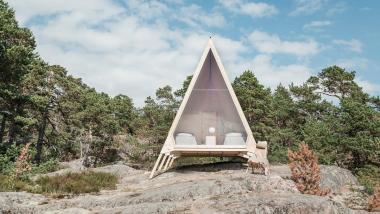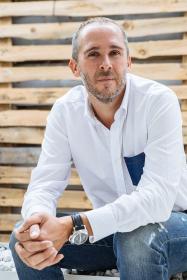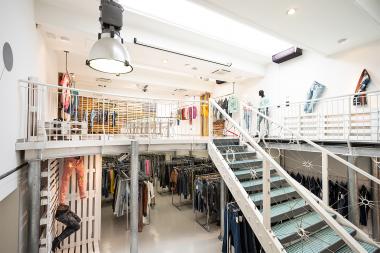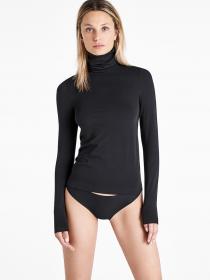Sustainability – Hand in hand with innovation, quality and design
March 2019: For decades, Schoeller Textil has been meticulous in observing its responsibility to humans and the environment. Developed and produced in Switzerland under the most stringent conditions, the high-tech textiles and textile technologies encompass a spirit of innovative and outstanding quality. With a focus on sustainability, the groundbreaking, ecological portfolio includes, among other things, genuine upcycled products with ECONYL®-Garn, 100 % recycled, recyclable wear2wear woven and knitted fabrics or bio technologies based on sustainable raw materials.
High-quality textiles have a long service life and can remain in use for longer. The fabric properties are further improved by smart textile technologies such as water- and dirt-repelling functions. This helps preserve the environment and cuts down on the use of resources. In its manufacturing, Schoeller Textil AG always considers the ecological compatibility of its products. Therefore, since 2001, production at the Swiss site has always complied with the stringent guidelines of the bluesign® system. By conviction, Schoeller devotes itself to sustainable climate protection and takes part in the Energy Agency of the Swiss Private Sector programme to actively reduce carbon emissions and optimise energy efficiency.
Schoeller Textil AG


